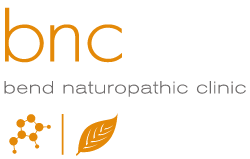Rosacea – A Holistic Approach to Symptom Management
Rosacea is a vascular issue that affects primarily the central face. The cause is unknown, but it is more common in menopausal women. Conventional treatment usually involves topical and systemic antibiotics, accutane, and or sulphur containing creams depending on the extent of symptoms.
Due to its vascular nature, it is important to avoid vasodilating substances such as alcohol, spicy foods, strong coffee and tea, and niacin. Excessive heat, cold and sunlight exposure can also worsen the redness.
I have had success helping reduce Rosacea symptoms by focusing on digestion. Low stomach acid or poor digestion appears to worsen symptoms. This may be due to a decrease in absorption of various B vitamins, especially riboflavin and B12. Therefore, depending on the person I may recommend B vitamins in varying doses, specific high quality probiotics and various digestive aides. Depending on B12 status, I may recommend B12 injections as well.
If you are eating foods that your body is sensitive to (most common foods are wheat, dairy, soy, eggs, corn and nuts) this may further inhibit proper digestion and increase generalized inflammation. I often do food allergy/sensitivity testing to help determine which, if any of these are a problem. An elimination diet and reintroduction, however, is the gold standard for food sensitivity discovery.
For an individualized analysis and treatment plan, please contact our office.

